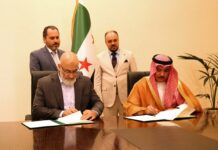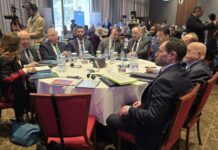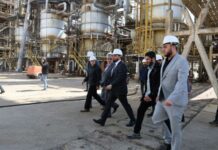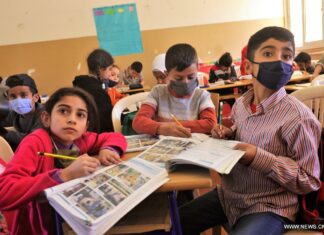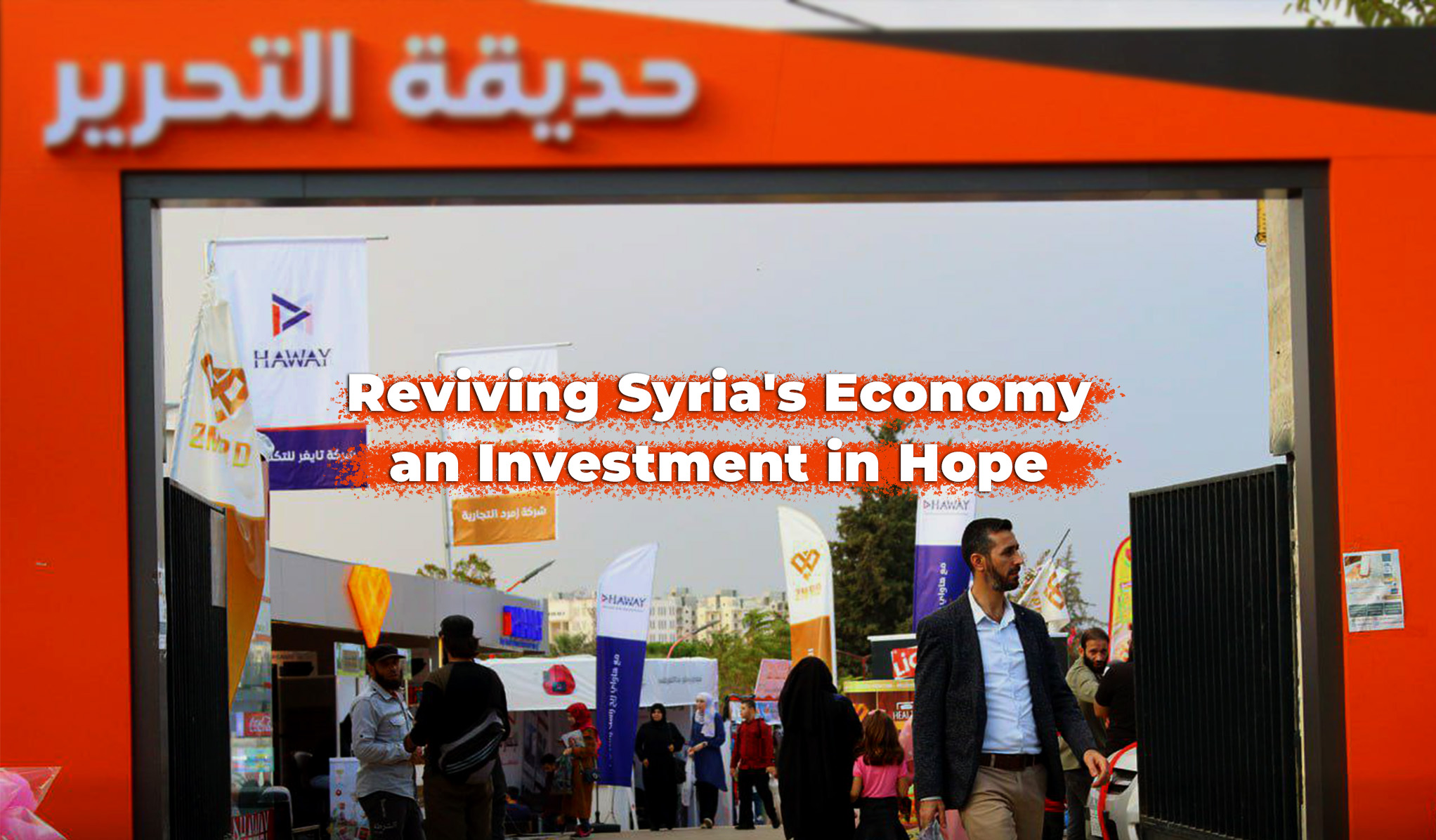
The impact of years of war on the Syrian economy has been profound, with far-reaching consequences for the country’s economic landscape. The conflict has not only resulted in the widespread destruction of infrastructure and loss of human capital but has also led to the emergence of complex economic dynamics shaped by competing political and armed actors.
Of the various economic projects within Syria, the rapid growth within greater Idlib has stood out, slowly growing as many other regions experience decline or stagnation. It is within this context, that L24 seeks to examine the efforts of the Syrian Salvation Government (SSG) in rehabilitating the economy in Northern Syria, along with both its strengths and weaknesses, reflecting the challenges and opportunities inherent in post-conflict economic recovery, which is further complicated by the reality of an ongoing war and frequent attacks.
One Country Four Economies
According to a January 2023 study for the Brookings Institution, Syria’s Dissolving Line Between State and Nonstate Actors, by Steven Heydemann, years of war have given rise to a fractured economic landscape characterized by sporadic economic collaboration across international borders, conflict lines, smuggling networks, and the dominance of armed actors in economic governance. This has deepened civilian populations’ vulnerability to predation, extortion, and abuse and exacerbated the challenges of rehabilitating the economy in the war-torn region.
Heydemann asserts that sound economic management is crucial for improving the social, economic, and security conditions for the civilian population. However, this cannot happen without a solution that addresses the systemic and structural criminality plaguing the mosaic of economic systems spread throughout the Assad regime areas, the PKK-dominated Autonomous Administration of North and East Syria (AANES), and the revolutionary administered northern Syria. This region is split between the Turkish-backed area home to the Syrian National Army (SNA) and Syrian Interim Government (SIG), and the neighboring Syrian Salvation Government (SSG) area, which is home to Haya Tahrir al-Sham (HTS).
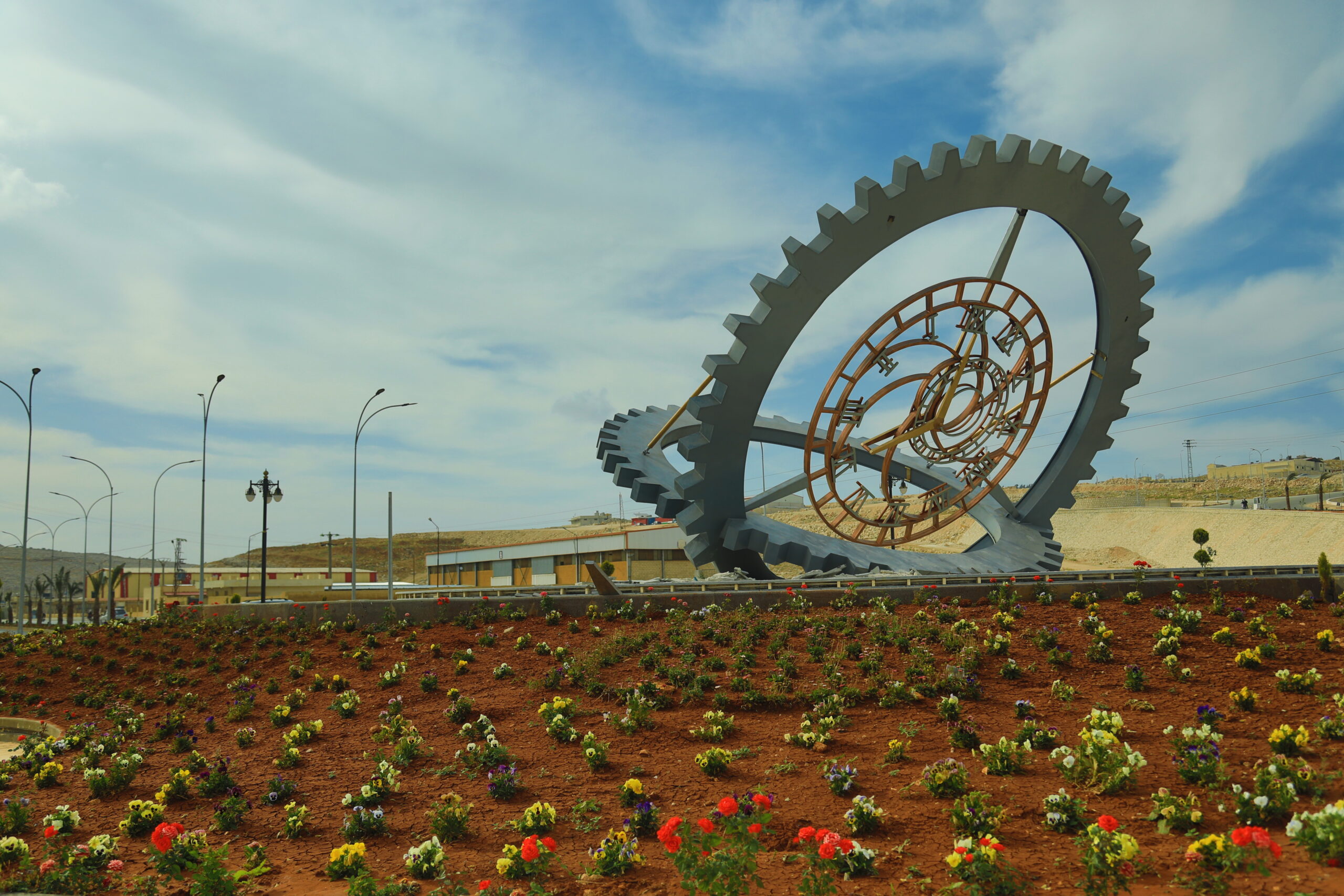
Such differences, the paper maintains, are evident in the formal institutions that oversee how local economies are regulated and taxed, how social provision is organized, and how revenues that accrue to formal governments are allocated — creating what the work views as a thin veneer of legalism doing little to conceal the informal, predatory, illicit, if not criminal, economic practices driving economic activity across all zones of control.
However while some administrations have remained largely unregulated or steeped in decades-long corruption like the Assad regime, the SSG has begun the challenging work of revitalizing and rehabilitating the economic ecosystem in its areas.
A Challenging Path
Over the last few years, the SSG has undertaken several projects to revitalize the economic sector in northern Syria. However, the economic rehabilitation efforts have not been without challenges. Businesses in the region have faced obstacles such as limited resources, repeated targeting of infrastructure by the Assad regime, and high advertising and promotion costs.
To better understand the SSG’s plans L24 spoke with Hamdo Al-Jasime, Director of Public Relations at the Ministry of Economy, “The Ministry of Economy and Resources implements the SSG’s economic policy, which aims to create an investment-friendly environment that attracts investors and supports the establishment of projects, thereby securing job opportunities, reducing unemployment, increasing income, and improving overall living conditions. Thanks to these policies, there has been significant economic progress in the liberated areas.”
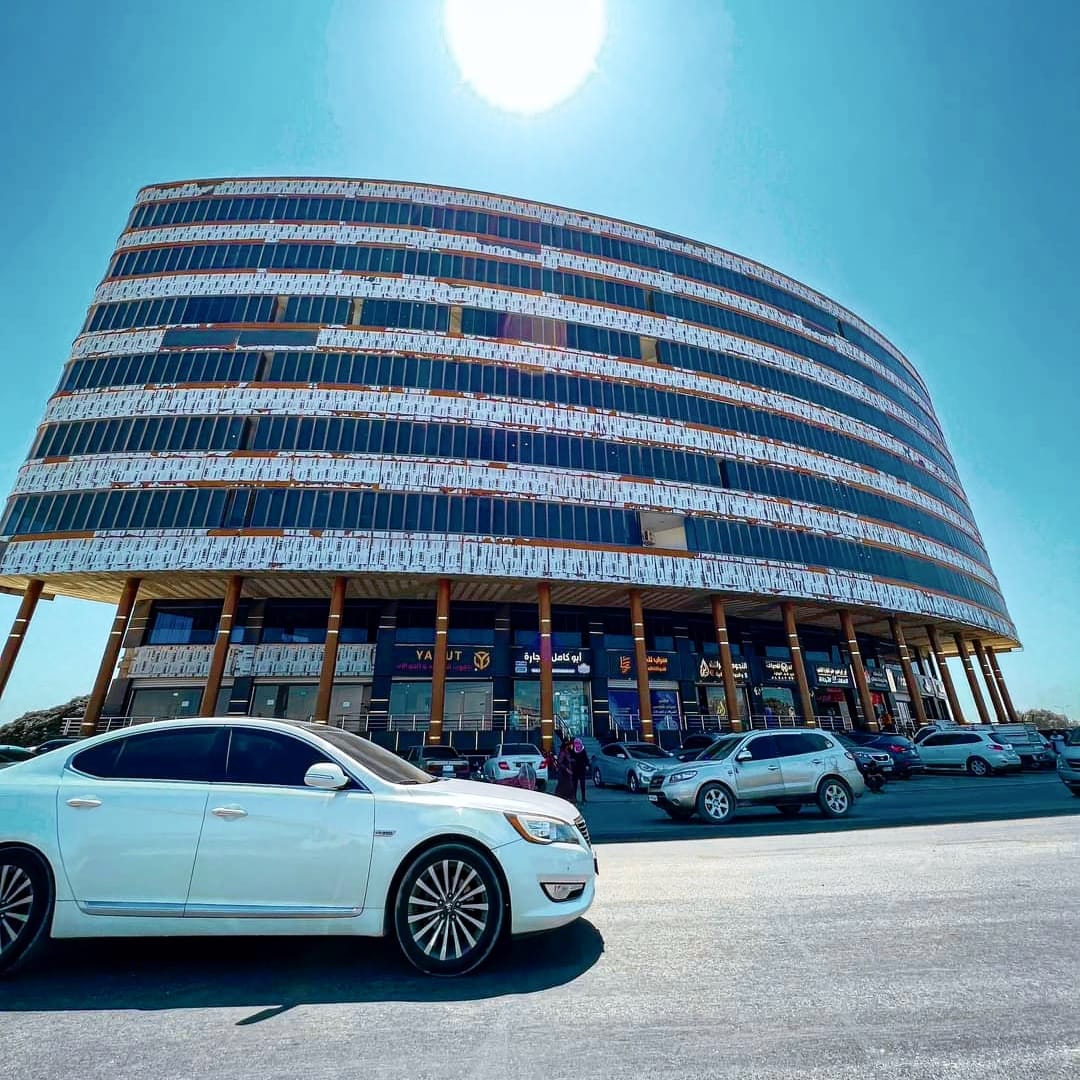
Haidar Karnaba, Marketing Manager at Five Star Factory spoke with L24 about the obstacles facing the region, “There are many challenges, such as low-quality Turkish products and low prices. These are the first challenges we face in the market. However, the Ministry of Economy is currently working on protecting local products. Also, there is the challenge of high advertising and promotion costs for product fame, but thankfully, we work in the factory with a productive capacity and have many workers.”
While acknowledging the positive strides in economic development, Dr. Badawi also pointed out the challenges faced by businesses in the region noting, “The greatest challenge currently is the instability due to the Assad regime’s shelling, and the lack of financial liquidity in the region, which leads to a weakened purchasing power.” Despite these challenges, Dr. Badawi expressed optimism about the potential for wider-scale exports and the need for enhanced safety and financial stability to further bolster economic activities.
Additionally, concerns have been raised about the protection of local products and the high advertising costs, highlighting areas where the SSG’s support and policies have fallen short of addressing the needs of businesses in the region. Karnaba, commented, “There have been some initiatives that have benefited my work recently like the slight increase in customs fees on products entering from Turkey… and an initiative to promote and market local products.”
Dr. Badawi further highlighted initiatives directly benefiting businesses, such as the establishment of the Directorate of Intellectual Property Protection and the Directorate of Supplies under the Ministry of Economy. These initiatives have created a conducive environment for businesses to thrive and innovate, contributing to the overall economic progress in the region.
Public relations officer Al-Jasime spoke about the Industrial City project which was nearly complete, “The Bab al-Hawa Industrial City project has seen significant progress, with over 60% completion and numerous operational and under-construction facilities, which will provide 2,000 new job opportunities.”
He also detailed several new policies intended to promote the expansion of local business, “Protective policies for local products have also been applied in various industries, including plastics and others with strong existing infrastructure, creating employment opportunities and supporting local producers.”

As Karnaba explains, “As for the SSG, they have not provided complete support, and at the same time, there have been obstacles. For example, we’ve had problems protecting local products, and these issues were only resolved recently.” He mentioned that while some locally manufactured and developed products were protected under the new regulation many others were not and gaining protected status for certain new products was proving difficult, saying, “This is due to what we see as illogical reasons,” and prohibitively high advertising costs were cited as an obstacle to growing local business.
Fighting for the Future
In a 2021 interview in the Syrian Observer, Steven Heydemann commented on the prospective future of the Syrian economy, expressing cautious optimism about the determination of Syrians to restore normalcy in their lives despite the challenges saying, “Syrians are creative, capable, and resilient. They are being tested today, but I do not doubt that even now, as dire as things are, there are stirrings of new activity that will contribute to the recovery.” He also highlighted the long and arduous path to recovery, emphasizing the need for sustained efforts and resources to overcome the deep-seated effects of the conflict expressing fear that, “opportunities will be very, very constrained for the next several decades.”
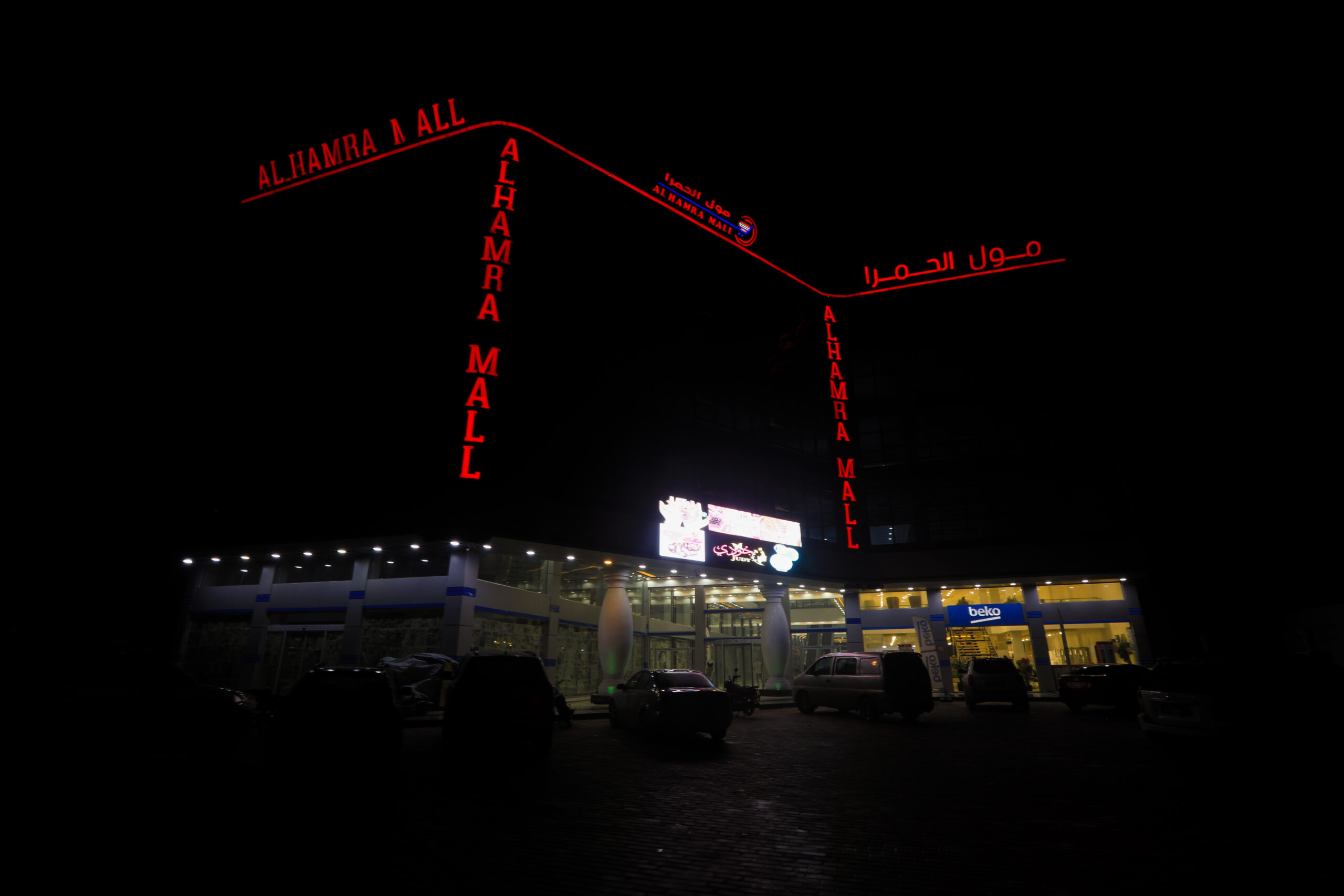
While these sentiments underscore the relative economic stability and growth achieved under the SSG’s administration, the economic landscape of Syria remains complex and challenging, but the resilience and progress demonstrated by the people in greater Idlib offer a glimmer of hope amid the turmoil, showcasing the potential for economic revitalization even in the midst of conflict.

